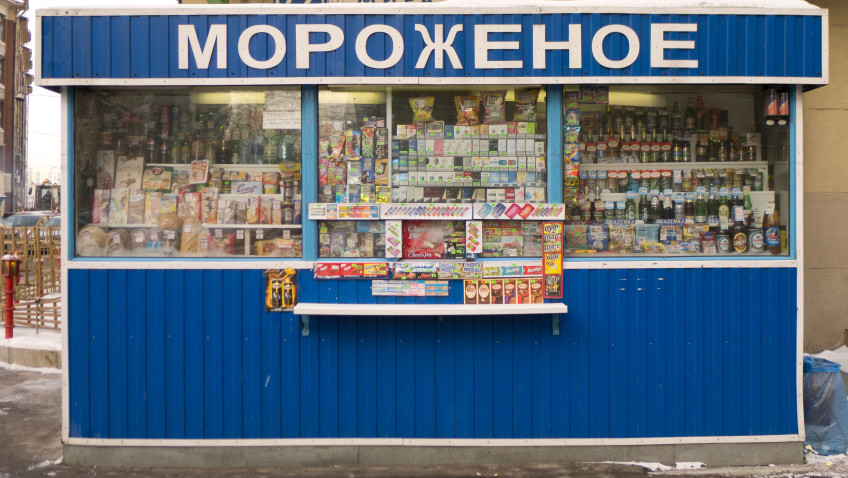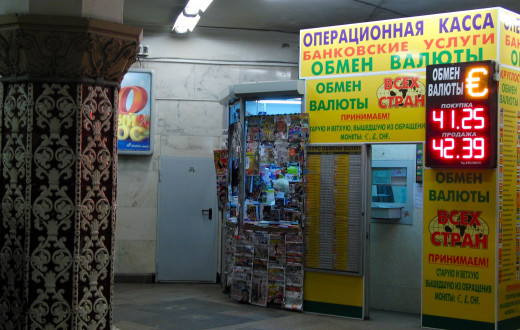The last week saw the demolition of shopping centers and kiosks near metro stations all around Moscow. The shopping centers were demolished in the dead of night, many not having been emptied of their contents by their tenants. This demolition was the result of months of legal proceedings between these property owners and the Moscow city government. The shopping centers had been given time to evict their tenants but many did not believe the government would actually demolish them. Others had secured injunctions from courts. However, these were apparently ignored by the authorities. The legal battle continues, and the outcome is uncertain but so are the reasons for the demolition. There are three possible reasons for why the demolitions were and continue to be conducted, all of which could be intertwined.
One of the possible reasons for the demolition of these properties is a drive to beautify Moscow, an unprecedented revival project has been presided over by mayor Sergey Sobyanin. From recreating the once decrepit Gorky Park to designating many pedestrian areas in the center of the city, one of Sobyanin’s main goals has been to improve the Russian capital’s aesthetic. Many agreed that the shopping centers were not aesthetically pleasing, and Sobyanin himself has attributed the demolitions to a desire to return Moscow’s squares to their once beautiful selves. Though this is the reason given by the mayor and others for the demolition, some suspect that other motives, primarily money-driven, are at play.
There are two possible money-related motives, the first being a new source of income for bureaucrats and their connections. Some have speculated that rather than leaving the squares empty, Sobyanin and other officials plan to auction off the land to new developers who will then rent these lucrative shopping locations out again. Even if these areas are not auctioned off, retail rent rates are projected to rise due to the decrease in retail space in Moscow, thereby benefitting owners of properties currently considered legal by Moscow’s city government.Thus, officials would get a new source of illicit revenue as that gained from other rackets and the oil trade diminishes.
The other possible reason is to make collecting taxes easier for the government. Many of the businesses that occupied the shopping centers evaded paying taxes, as many businesses do in Russia. Evading taxes is much easier when a business is small, as the benefits gained by the tax authorities from levying penalties and conducting time-intensive investigations are smaller compared to similar actions against bigger companies. Officials know that it is easier to enforce tax compliance against larger enterprises and may be seeking to limit small businesses, thereby increasing cash flows to big businesses and eventually the government through taxes.
As plans continue to demolish even more shopping centers in Moscow the reason for the demolition may become clearer. Time will tell whether the drive is due to corruption or a genuine desire to beautify Moscow. In the meantime, however, neither justification is likely to satisfy those who have lost their livelihoods.






Pingback: Recent discoveries: think tanks and outlets – Russia Reviewed